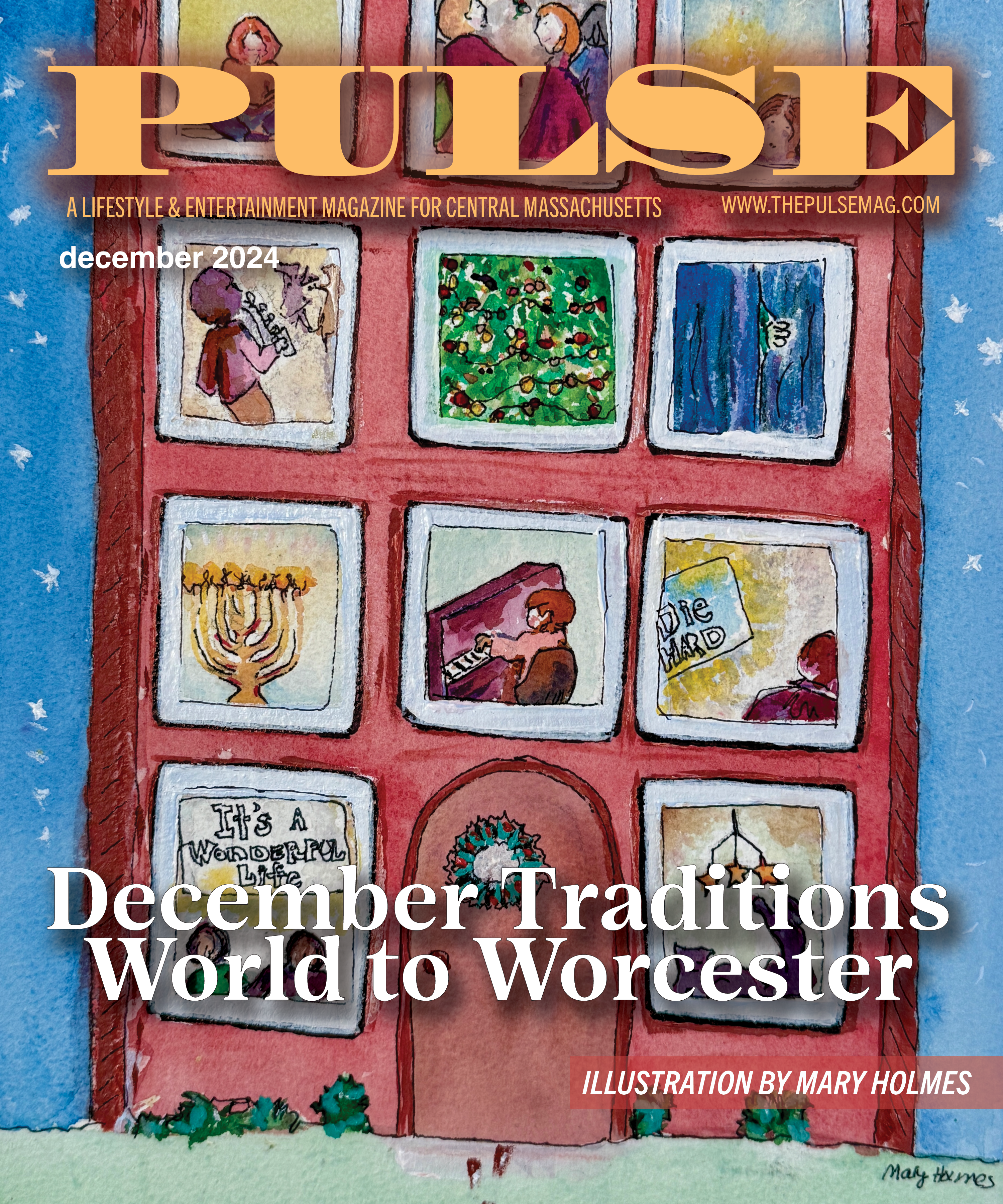The Truth About Life After Eating Disorders
By Tine Roycroft
Aimee Liu, author, mother and anorexia nervosa survivor, begins her new book, Gaining ~ The Truth About Life After Eating Disorders, with a plea to all who read it.
“…take the warning signal seriously,” she writes of the disorders. “Get the professional help you need to decode it and resolve, or at least learn to manage, the true causes of distress, not merely the symptoms.”
With that initial hope ~ or perhaps warning ~ Liu takes the reader on a detailed journey of the many faces of anorexia and bulimia. Each person described in the pages is displayed through personality traits, individual histories, successes such as graduating at the top of a class, and failures such as extramarital affairs. Through Liu’s personal story and the tales she writes of others, Liu encourages the reader to see that an eating disorder is not “cured” with weight gain or avoidance of purging after a meal. A true cure is much more complicated and, as in Liu’s case, can take decades.
The definition of an eating disorder is as straightforward as can be. According to the Academy for Eating Disorders, or AED, an eating disorder is a serious mental illness and can be recognized by a persistent pattern of unhealthy eating or dieting behavior that can cause health problems and/or emotional and social distress. They can be found all over the world, but more often in industrialized nations, and are officially categorized as one of three types: anorexia nervosa, bulimia nervosa, and eating disorder not otherwise specified (EDNOS).
Oftentimes, the media will display young girls suffering from anorexia. They’re rail thin. They’ve lost their hair and have stopped menstruating. And yet they don’t believe they are thin enough. A “success” is often portrayed as getting oneself to a healthy weight, but Liu shows in Gaining how sometimes the disorder simply takes a different form.
“As I began to gain weight,” Liu writes of her so-called recovery from anorexia, “I’d secretly and seriously become bulimic. I also drank too much, slept with men I never intended to see a second time and pretended not to care. It didn’t occur to me that these ‘bad behaviors’ … might in my case constitute another face of anorexia.”
Beyond expressing her belief that a true cure for an eating disorder lies in psychological recovery and not simply an influx in one’s caloric intake, Liu notes similarities in the personalities of her interviewees ~ obsessions with cleanliness, an inability to get to sleep at night because of a compulsion to review the day’s mistakes, a fear of reaching orgasm. Perfection and control typically loom in the forefront of a sufferer’s mind, even when both are impossible.
Gaining is an excellent and raw look at eating disorders. Liu creates a community among her interviewees and appears to bring some of the world’s loneliest people together under her literary umbrella. She provides her readers with a great selection of resources, therapies and suggested readings and skillfully, gracefully reminds us that not only does the body need to be helped, but the mind and the heart need to be healed as well.
Gaining ~ The Truth About Life After Eating Disorders, published by Wellness Central 2008







